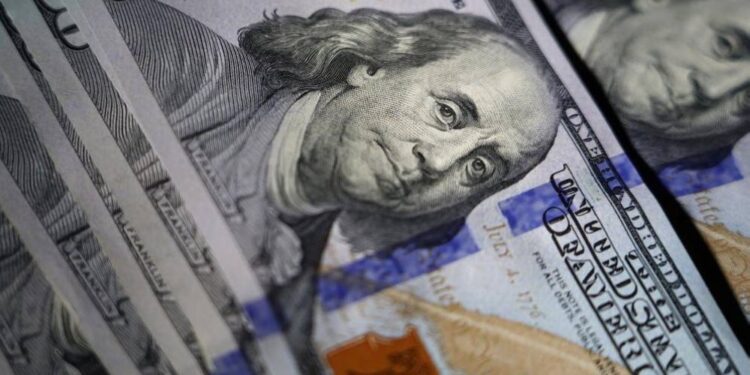I’m about to share a little secret with you. Everyone faces challenges with finances in various ways. It doesn’t matter how much we earn—none of us are exempt. We often overlook this because discussing it feels taboo, leading us to believe we are the only ones dealing with financial issues.
This was my experience! I pursued a degree in finance and later worked in financial services, yet I still had little understanding of my own finances. As I embarked on my financial journey and began to share my discoveries, many others reached out to disclose that they were grappling with the same challenges.
Although most of us lacked substantial financial education to equip us for the daily realities of money management, I discovered that the numerical aspect was quite straightforward. It’s just basic arithmetic. Income minus expenses equals wealth building, losses, or stagnation.
But if it were truly that simple, the typical American would have over $400 saved. Yes, you read that right. The average American has less than $400 tucked away, regardless of their age.
So, what’s the catch? Why do so many of us understand what we need to do but find it hard to put it into action? It all comes down to our money mindset. Our money mindset consists of our beliefs and feelings about money and ourselves, which profoundly impacts our financial relationship and the outcomes we experience. Our thoughts about something influence how we engage with it and the subsequent actions we take.
Here are two pivotal shifts in money mindset that can help you improve and ease your relationship with money for the better:
The Language We Use
The terminology we employ regarding money holds significant weight. When we redefine our financial goals as conscious acts of self-kindness instead of self-denial and restriction, it becomes much simpler to take the necessary steps towards achieving them. The key lies in observing our language, rephrasing it, and advancing.
A prime example is the phrase “can’t afford,” which we hear frequently. “I’d love to go on that trip, but I can’t afford it,” or “I can’t afford to get that new dress.” Utilizing the term “can’t afford” impacts our entire mindset since it stems from feelings of scarcity and limitation. It suggests that we desire something but are unable to attain it, leading to feelings of deprivation.
While there are indeed things we cannot purchase, often, we have the capability to afford the item or experience by cutting back on other expenses, using savings, or financing options. In many instances, it’s not that we can’t buy it; we simply choose not to.
Rephrasing it to “choosing not to” carries much more power and is usually accurate! We decide not to take a trip or buy the new chair because it would detract from another objective or potentially put us in a stressful financial position.
When you make a conscious choice to refrain from an action, it emanates from a sense of empowerment and abundance—indicative of a healthy financial mindset. You’ve evaluated your alternatives and chosen the option that will yield greater long-term satisfaction and happiness.
More Than Enough
A scarcity mindset tends to be our default mode regarding finances. In this mindset, our earnings will never seem sufficient. There will eternally be additional things and experiences we wish to have, propelling a desire to earn more constantly.
Many of us would absolutely jump at the prospect of doubling our incomes. Not only would we welcome it, but we also convince ourselves that it would resolve all of our financial difficulties. Think about it. Don’t you agree? If your salary doubled, you could buy everything you want, start saving significantly, or finally eliminate credit card debt. However, this is just a mirage.
A study conducted by Vanderbilt University revealed that lottery winners file for bankruptcy at quadruple the rate of the average person. Within three to five years after a lottery win, numerous individuals end up right back at square one, or in an even worse situation.
We cannot simply out-earn our expenditures. That’s how the scarcity mindset manifests—and scarcity does not work. We impose restrictions on ourselves, deny our wishes, and ultimately rebel, sabotaging our efforts. This approach not only hampers our goals but also robs us of joy, trapping us in a cycle of impulse purchases followed by guilt and a repetitive loop.
Transitioning to an abundance mindset breaks this cycle. Though subtle, this shift makes people report that they no longer crave or require the things they often bought. The habitual shopper no longer feels compelled to indulge. The coffee lover finds a different route to work and skips their favorite brew. What causes this change?
When we embrace a sense of abundance, we realize we already possess plenty. This mindset allows us to eliminate unnecessary expenditures—however you may define them. We become more cognizant of our existing assets. Many of the daily expenses simply fall away without much discomfort. It’s a truly enlightening experience.


